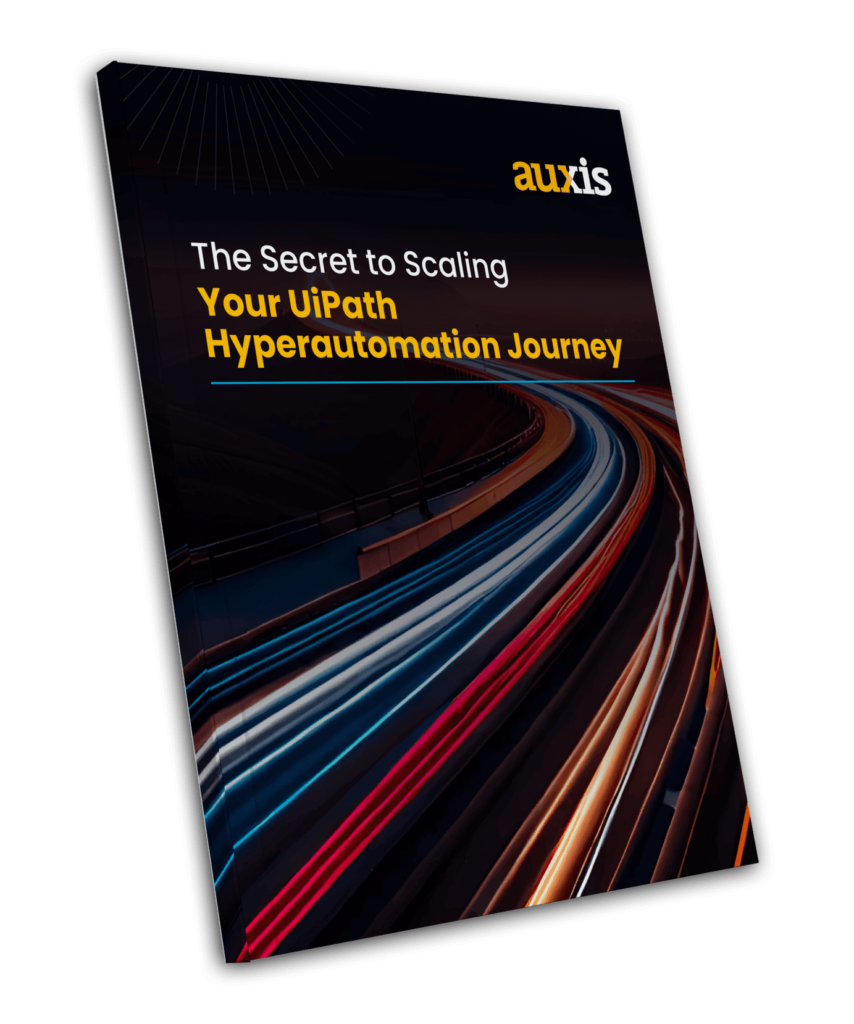Due to the challenges introduced into the business world by COVID-19, industry experts predict that nearly 50% of organizations aim to start their UiPath hyper-automation journey over the next year – and Gartner predicts adoption across 90% of large organizations worldwide by 2022.
Looking at the automation benefits and possible ROI, more and more organizations continue to increase their use of Intelligent Automation. But many others are still struggling to find an RPA implementation program that fits their needs and expectations. Scaling the UiPath hyper-automation journey looks easy on the surface since no big software project or pricey overhaul of legacy systems is required. Still, the truth is that a clear roadmap and intelligent strategies are needed to implement and scale it effectively.
For most executives, the question is no longer if they should implement automation – but rather how to identify the best process candidates for automation, from implementation and ongoing management to expansion.
Scaling Your UiPath hyper-automation journey
RPA, more specifically UiPath, has emerged as a game-changer for executives looking to boost resiliency, scalability, productivity, and timely access to actionable data while drastically cutting operating costs.
If you’re looking to have a successful UiPath hyper-automation journey, the first thing you need to do is select the right implementation partner. With a significantly greater customer base than other vendors, UiPath’s success speaks for itself. It consistently ranks as the #1 platform according to respected organizations like Everest Group, Gartner, and Forrester.
For those struggling to overcome RPA challenges and expand beyond Proof of Concept (POC) to company-wide hyper-automation, here are some of the key pillars to growing your UiPath program successfully:
- Start with the end goal in mind. Having a clear vision and a well-thought-out plan to achieve that vision from the start is vital to growing your RPA program successfully.
- Understand the long-term operating model and governance structure needed to achieve your RPA vision. An outstanding RPA Center of Excellence is essential to a sustainable UiPath hyper-automation journey – responsible for designing, developing, and maintaining your company’s process robots.
- Control scope creep. When it comes to automation opportunities, the sky’s the limit. So, managing a project’s scope becomes a balance between investment and return.
Download our whitepaper for actionable insights to overcome RPA challenges and discover the “secret sauce” to successfully scaling your UiPath hyper-automation journey.


